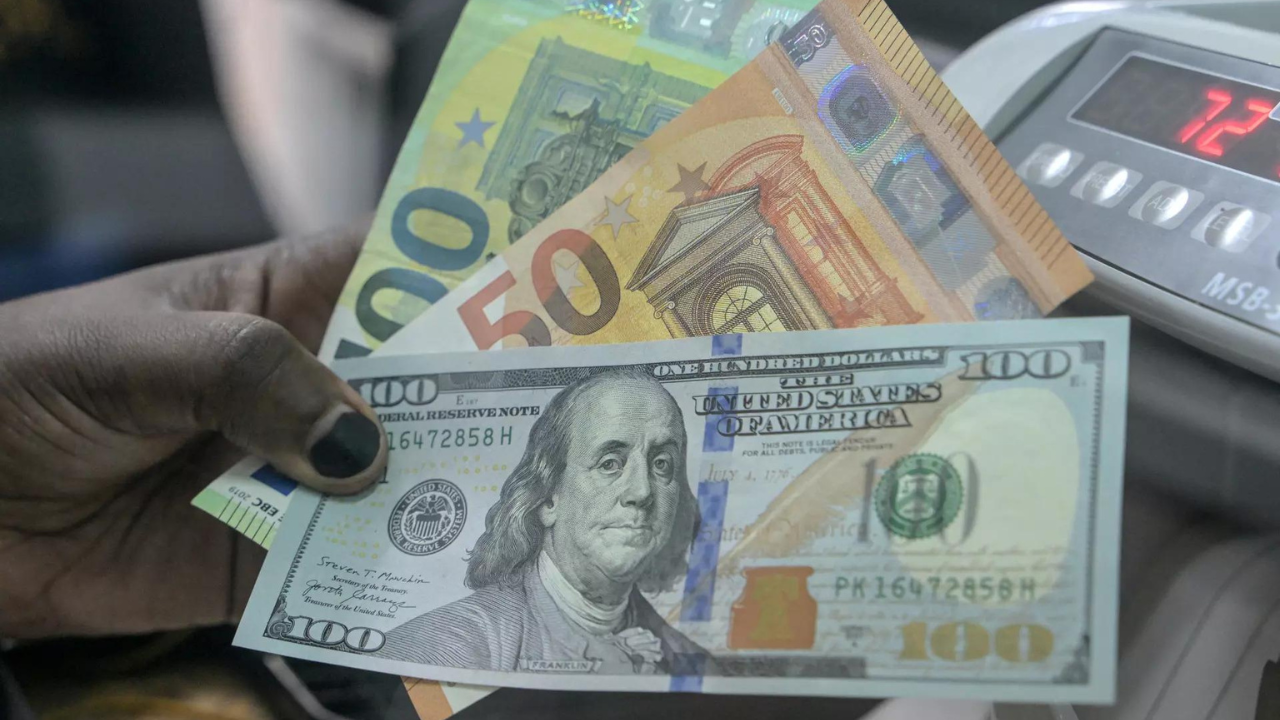Nationalist ideology and the slippery slide into fascism

Join our WhatsApp Community to receive travel deals, free stays, and special offers!
- Join Now -
Join our WhatsApp Community to receive travel deals, free stays, and special offers!
- Join Now -

Nationalism is typically seen as the preserve of right-wing politics, and it has long been a cornerstone of authoritarian and fascist governments around the world. In democratic countries the term “nationalism” is linked to national chauvinism – a belief in the inherent superiority of one’s own nation and its citizens – but the picture is more complex than it first seems.
For starters, there is little to differentiate patriotism from nationalism except for degree of intensity. Most of us, however, can recognise the difference between love for one’s own homeland and the harsher, often exclusive or xenophobic tenets of extreme nationalism. Patriotism is a low degree nationalism, but radical nationalism often turns into xenophobia.
The picture is further complicated by substate or minority nationalism, an entirely different beast often associated more with left-wing and progressive ideals. Many political parties and ideologies – in Europe, the Americas and elsewhere – use the term “nationalist” without any connotations of far-right beliefs. Instead, they present the nation as an emancipatory force that strives to achieve self-determination for a particular territory.
Examples include the National Party in Suriname (founded in 1946), the Basque Nationalist Party (1895), the Scottish National Party (1934) and the Galician Nationalist Bloc (1982). Some of Europe’s prominent left-wing movements, such as Irish party Sinn Féin, are fervently nationalist,...
Read more
What's Your Reaction?
 Like
0
Like
0
 Dislike
0
Dislike
0
 Love
0
Love
0
 Funny
0
Funny
0
 Angry
0
Angry
0
 Sad
0
Sad
0
 Wow
0
Wow
0























































